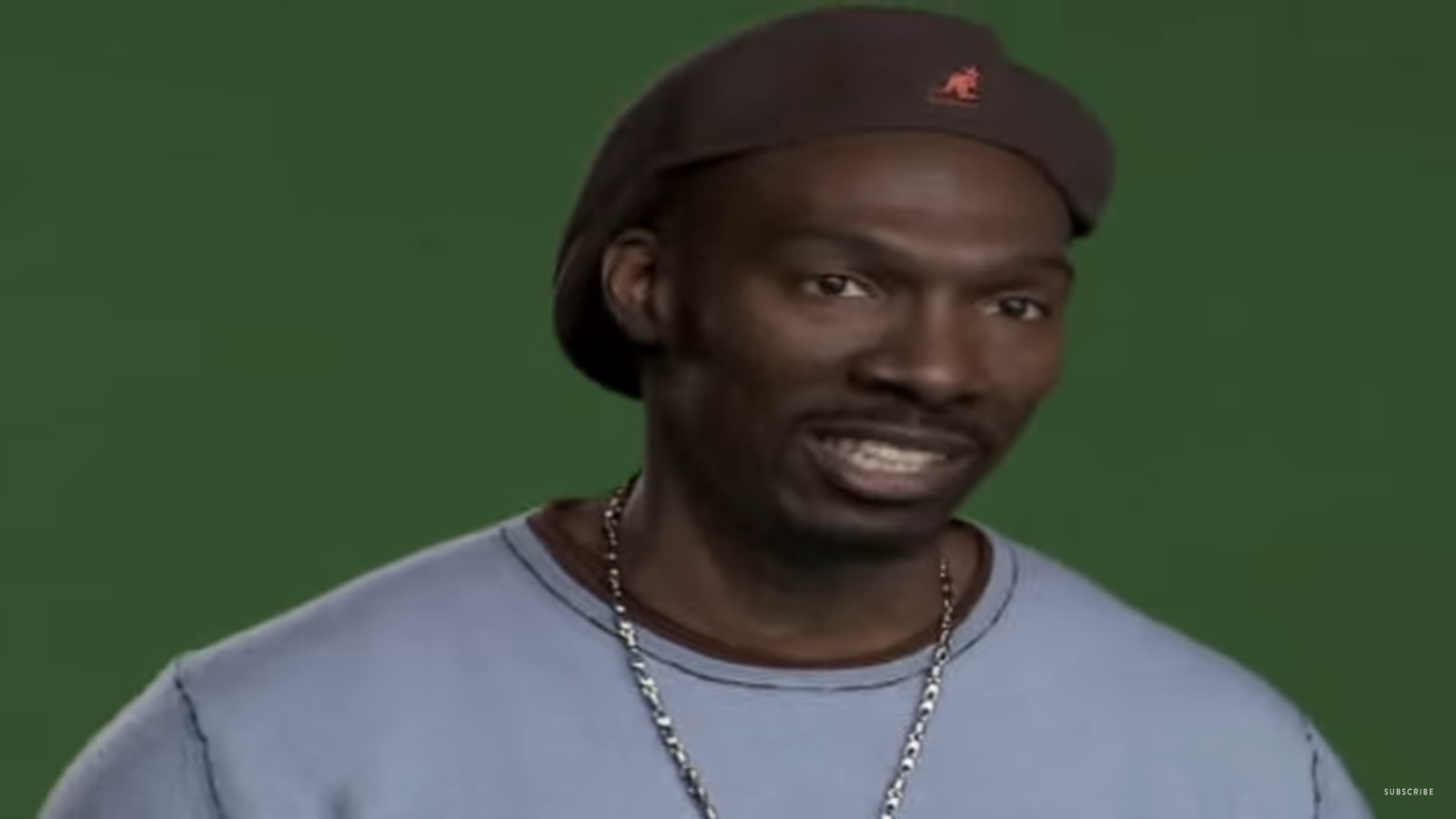A masterclass in spotting BS business, when it’s worthwhile: The Financial Times’ Lucy Kellaway (who, we remind you, will be switching careers this fall — in her 50s) was delighted to hear that the University of Washington was offering a course entitled Calling Bullshit In the Age of Big Data. The course is designed for and limited to “spotting bullshit in numbers,” but Kellaway says there’s “an equal need for one spotting it in words, especially words used in business. Her suggested course begins with a definition: “bullshit means nonsense, usually of a puffed-up variety that pretends to be something it is not. Sharp eyes will spot at once the difficulty in applying this to corporate life — almost everything fits the description.” But there is a key rule one must stick to, Kellaway says: “the first rule about calling corporate bullshit is not to do it too assiduously or you will go insane. I have learnt to ignore 95 per cent of it, and of the remainder ask myself two questions: what is the quality? And: how damaging is it?” She gives three examples to illustrate the point.
The first case Kellaway cites is from a 2008 Pepsi rebranding document that said “the Pepsi DNA finds its origin in the dynamic of perimeter oscillations.” Kellaway calls this “grade A, unadulterated BS. But on the second question — whether it was damaging — the answer is no. Pepsi changed its logo and carried on selling its brown sugar-water around the world willy-nilly.” The second case is of a document from Deliveroo, on its preferred language for describing the people who deliver takeaways to customers. The memo bans “employees”, replacing it with “independent suppliers,” and forbids “pay” and “hiring” preferring “invoices” and “onboarding” instead. On the bullshit quality measure, Kellaway says it is tame. However, on the measure of harm, it is egregious, as Deliveroo knows that “if people used the ordinary words ‘employee’ and ‘hire,’ they might make the mistake of thinking they were due ordinary things like holidays and sick pay.”
Kellaway saves her best example for last. “The third example comes from Jim Norton, who has the delightfully bullshitty title of chief business officer, president of revenue at Condé Nast.” Norton outline a new strategy in a memo that began with “‘Team’ and proceeded with a stream of corporate nonsense about playbooks and journeys and wide arrays of differentiated solutions,” and created a plan he calls “Condé Nast One.” Kellaway’s verdict: “for companies to claim themselves ‘one’ is standard bullshit — it is a cliché and a lie, given the inevitable number of vested interests in any organisation. If Mr Norton were in the motor trade or banking, I might let this pass. Yet Condé Nast publishes Vanity Fair and The New Yorker, where standards of editing are so exacting that one of the latter’s editors has written a whole book based on the correct placement of a comma.”




